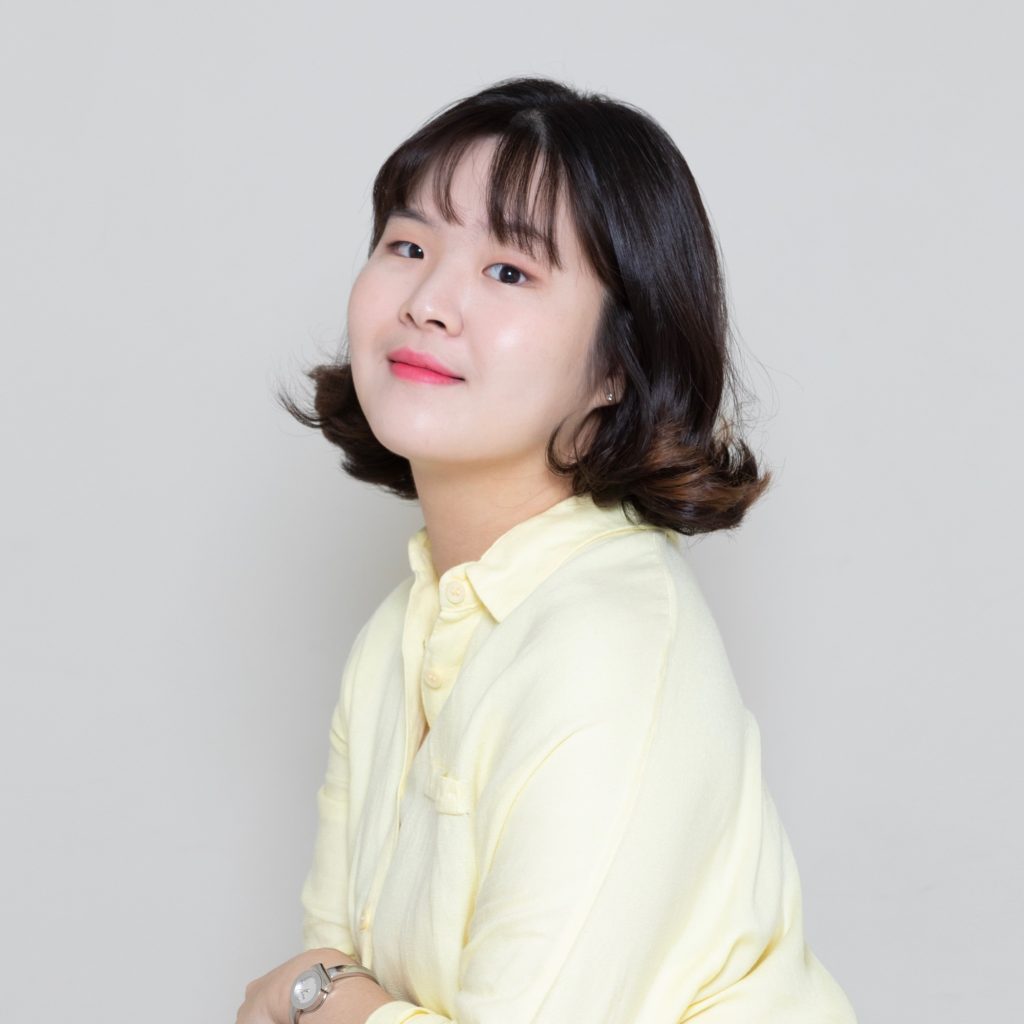Upon rising early each morning, crafting a green smoothie for breakfast, engaging in daily workouts, and steering clear of procrastination, a semblance of routine has emerged as a common thread among the youth striving for productivity.
If you ponder whether this regimen is confined to the younger demographic, consider the coined term “That Girl,” embodying the ethos of self-improvement, wellness practices, and efficiency. Extensive content on That Girl permeates social media, comprising vlogs and tutorials on embracing this lifestyle. Similarly, you can explore analogous content using keywords like ‘productive life’ and ‘tips for optimal student performance.’
In Korea, a parallel trend dubbed “God-saeng,” signifying ‘living life to the fullest as a god,’ has taken root. Often, a bustling and purposeful existence is equated with God-saeng. Individuals prioritize workouts or study sessions before commencing their day, dedicate evenings to reading and journaling, and prepare nutritious meals in advance. They pursue further education to enhance their careers or establish supplementary revenue streams beyond their primary occupations. Engaging in activities like book clubs, running groups, and hobby classes, they strive for self-improvement and share glimpses of their lives online.
Reports suggest a surge in this lifestyle pattern since the onset of the pandemic. Disrupted routines and prolonged indoor stays have prompted a heightened focus on maintaining health and productivity.
I, too, embraced this trend. Alongside my peers, we embarked on a challenge to document our morning rituals with timestamps. Sharing images of morning yoga sessions, reading sessions, and nutritional intake served as a means to navigate the upheaval caused by online classes during my sophomore year at university.
While the ‘productive life’ trend has endured, it also poses challenges. Media depictions of an ideal lifestyle are setting rigid standards, potentially leading the youth towards burnout. Various factors contribute to Gen Z burnout, including economic instability, geopolitical tensions, and the pandemic. However, the impact of media influence, particularly the productivity trend, warrants attention.
The ‘hustle lifestyle,’ a facet of Korean culture that may puzzle outsiders, underscores a pervasive aversion to idleness. This sentiment resonates in American culture as well. Instances like the dialogue in “Emily in Paris” reflect differing work-life philosophies between nations.
Driven by cultural undercurrents, the pursuit of a productive life has gained momentum in both countries. Daily influxes of short and long-form videos centered on That Girl and God-saeng serve as wellsprings of motivation, inspiring individuals to strive for personal growth.
Conversely, the escalating standards for a ‘good life’ are fostering feelings of inadequacy and exhaustion. Many young individuals endeavor to emulate lifestyles and aesthetics they admire, based on curated content. While the initial intent was well-being, the pressure to maintain a flawless routine portrayed on social media is proving detrimental to the youth.
In response to this pursuit of perfection, a counter-trend has emerged. Coined by a Gen Z TikToker, the term “Lazy Girl Jobs” advocates for minimal effort and a balanced work-life equilibrium, prioritizing mental well-being.
In Korea, this trend manifests as “Gyang-saeng,” where individuals seek respite from the pressures of God-saeng and opt for a more ordinary, non-idealized way of life. This shift towards Gyang-saeng represents a departure from the relentless pursuit of perfection.
Personally, as someone inclined towards productivity, I have long upheld the belief that a busy life equates to a fulfilling one. Initially, I emulated others’ lifestyles blindly, only to realize that their methods did not align with my needs. Over time, I discerned a lifestyle that resonated with me, fostering positive changes. While I harbor no disdain for trends like That Girl or God-saeng, recognizing their shared goal of self-improvement, caution must be exercised to evade burnout.
As Gen Z, we must navigate the influx of information judiciously, distinguishing between beneficial guidance and detrimental influences. It is imperative to tailor our lifestyles to suit our individual needs and schedules, steering clear of the pressure to conform to idealized standards. May our generation, including myself, navigate these pressures astutely and attain genuine happiness.
Kyungmin Min is an international intern from Korea.
